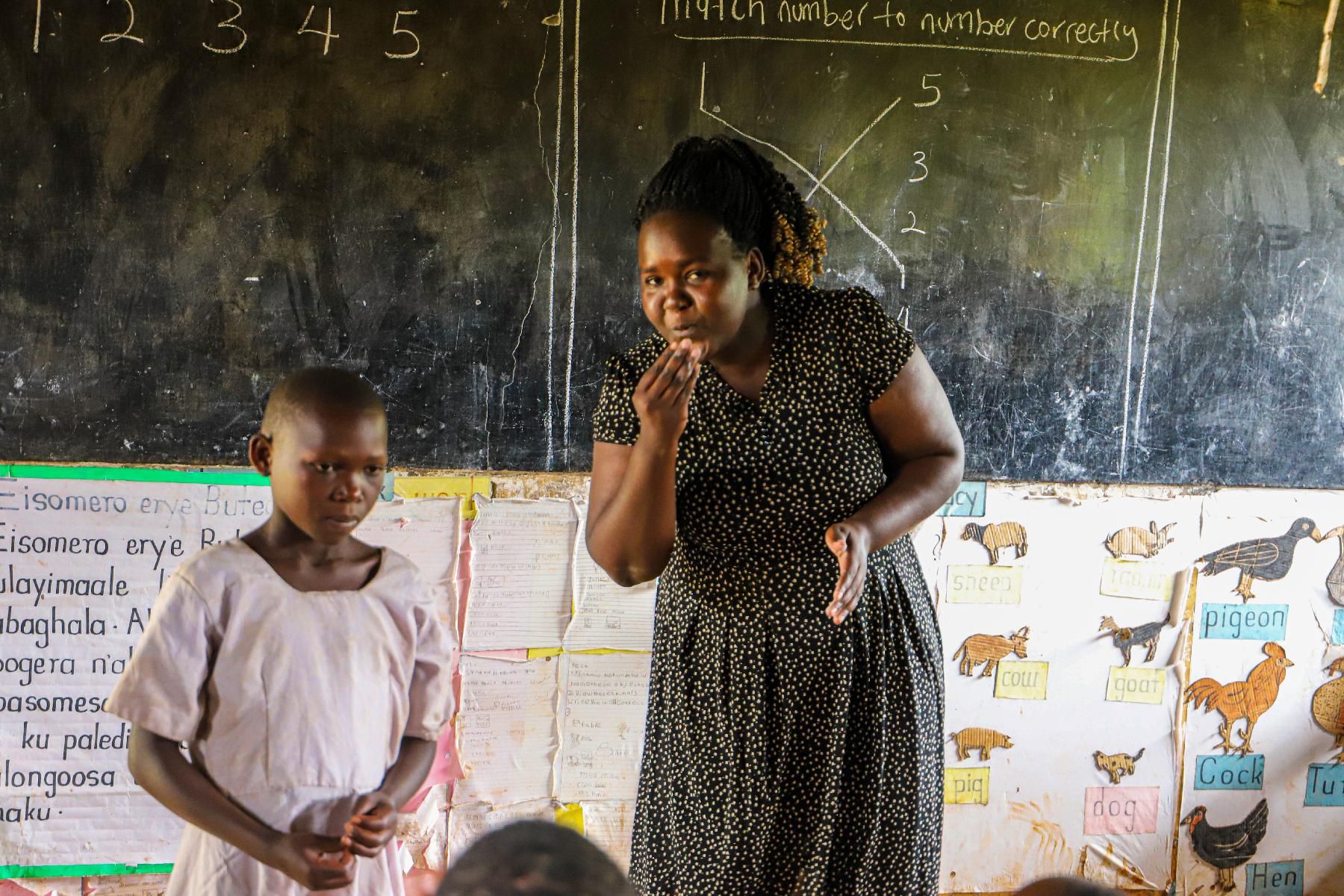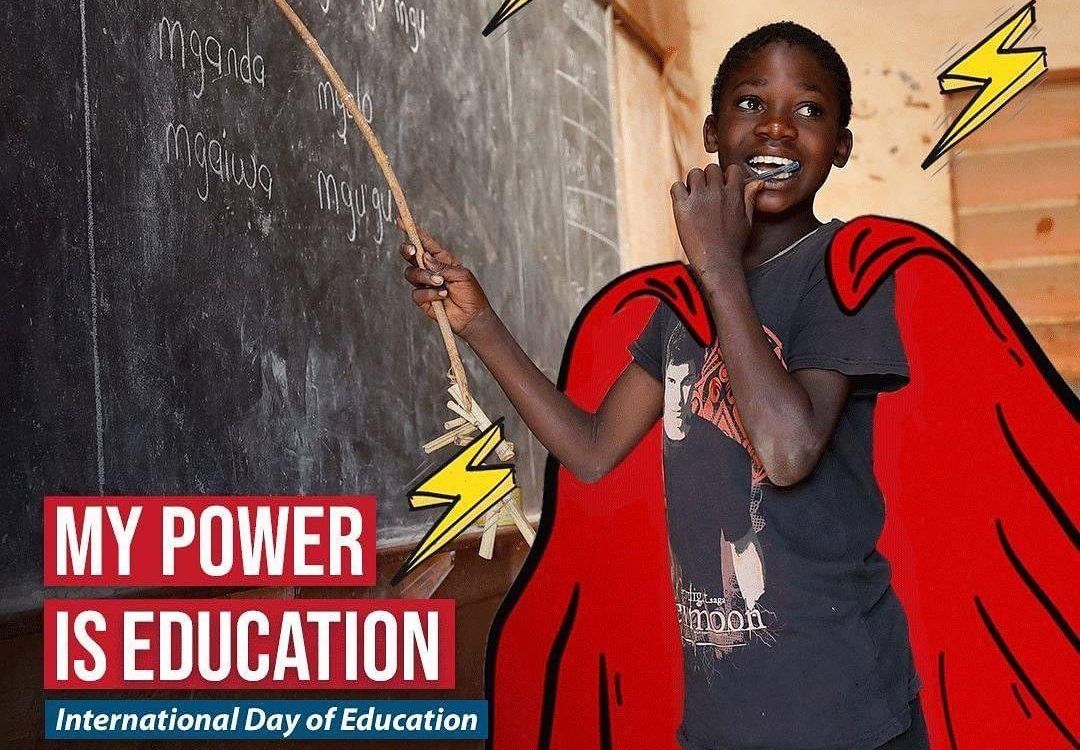Why Teaching is Management
Many scholars have defined teaching as the process of “imparting” knowledge. I want to go with Mark Smith’s 2016 definition, in their group’s article- definition of teaching. Teaching is the process of attending to people’s needs, experiences and feelings and intervening so that they learn particular things and go beyond the given expectations.
I want to delve into what other people have also defined management as. Indeed editorial team 2021 defines management as the administration and coordination of tasks to achieve a goal. Moreover, there are conventional additives to management like planning, organizing, directing, and controlling in order to tap into the physical, financial, human, and informational resources.
In view of these, teaching qualifies as the most honourable and ideal practice and administration of management where teachers are always planning for various learning activities, experiences, and knowledge for both the physical and mental needs of the children. All these plans are geared toward meeting specific outcomes in terms of knowledge, skill, and mindset crucial for the present and future generations.
Teachers are organising tasks every day, group learners according to their abilities, interests, and beliefs, and organize mentorship/coaching programs for the learners. They are putting children on performance improvement plans through remedial-extra time lessons, they are organizing learning environments suitable for the learning goals. This is what managers are doing elsewhere.
It is in teaching where the teachers exercise the highest level of effective communication through giving clear instructions/directives and feedback to learners to perform given assignments which constitute learning.
A positive classroom culture in teaching is where we “control”/facilitate the growth mindset, behavior, values, and skills of learners. We reward/motivate, correct/discipline insubordination.
Teachers write ways of working with the children, mottos, mantras, chants, and anthems to build a culture of higher expectations and enthusiasm for the learning goals. This is similar to what the managers are doing in their organizations with their human resources.
Teaching as management is, therefore, more sophisticated than management because it is dealing with unskilled human resources, unlike management. There’s a lot a manager needs to learn from classroom teachers in terms of management of human resources and organizations’ goals.
If there is anything plausible to do in this new milieu is to strengthen the Teaching as leadership fellowship programs such as one being offered by Teach for Zambia because of the prospective skilled human resource of fellows being churned out to the world of work.


